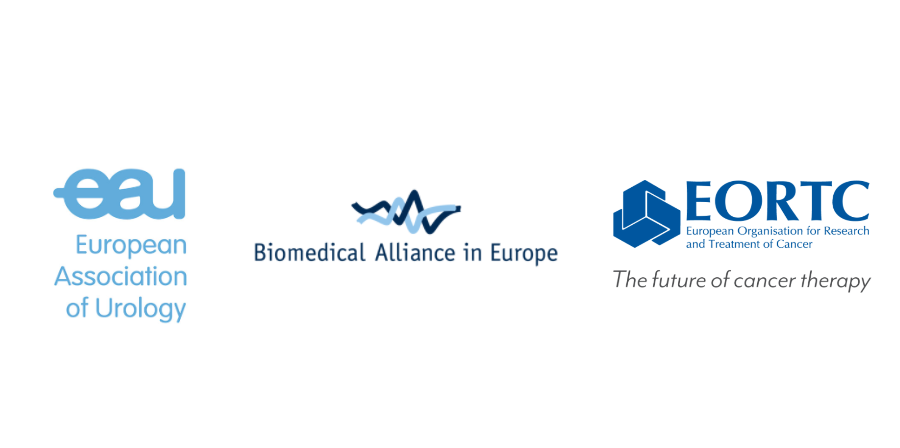EHDS: an opportunity to unleash the power of data?
15 Dec 2021
The creation of a European Data Space (EHDS) is one of the key priorities of the Commission for the coming years. Through EHDS1 (for primary use) and EHDS2 (for secondary use) it has the potential to facilitate health data sharing with numerous benefits for health research, policy making and healthcare. The upcoming legislation has the unique opportunity to provide an aligned legal framework for secondary use of data for health research at European level.
The BioMed Alliance Taskforce on Health Data Sharing, in close cooperation with the European Association of Urology (EAU) and the European Organisation for Research and Treatment of Cancer (EORTC), has collected views and experiences of healthcare professionals and researchers on the foundations that the European Health Data Space must be built on to ensure health data becomes a powerful tool advancing European health research.
To ensure that the EHDS will unleash the power of data, the BioMed Alliance proposes key recommendations on data governance, the implementation of EHDS2 and the necessary skills and knowledge needed to facilitate participation.
Summary of the main recommendations
- We should use the EHDS legislation as an opportunity to align different legislative
approaches with a clear and enabling EU legal framework which defines secondary use for
all EU member states, enables research, and gives legal clarity on the framework which
applies. - Researchers, healthcare professionals, medical societies and patients are important
stakeholders which should be included as trusted partners to bring the EHDS to full success. - The eHealth network and eHealth stakeholder network should act as a catalyst for
engagement and communication, but it needs increased resourcing, a clear strategy,
broader membership and a more effective structure. - A multi-stakeholder health data advisory and ethics committee for the European health
data space at EU level can play a key role in ensuring a European approach. - Sector based guidance must be developed for and with health researchers to provide legal
clarity on how to process health data for research purposes without adding unnecessary
layers of complexity. - The possibility of a European Health data protection seal or certification should be
explored, and additional standards/certification for secondary use of health data need to be
developed with different stakeholders, and these standards should be freely available. - Targets and benchmarks for data interoperability should be established.
- We need to incentivise adoption to the EHDS and build skills and capacity, by funding
digital health and digital literacy programs, creating training methodologies for continuous
professional development and funding joint initiatives on standardisation and certification of
healthcare professionals on data governance.
Related News
Meet the new EORTC Board
9 Jul 2024
We are pleased to announce the release of the EORTC 2023 Annual Report
17 Jun 2024
Dr Denis Lacombe, EORTC CEO, appointed stakeholder co-chair of ACT EU advisory group
24 May 2024
Clinical Trials Day 2024: a Q&A on pragmatic clinical trials
20 May 2024
EORTC/EMA workshop suggests an international way forward for treatment optimisation studies
8 May 2024
EORTC’s Participation at the ESTRO Congress 2024
29 Apr 2024
EORTC: Advancing research and treatment for rare cancers
29 Feb 2024
EORTC Fellowship Programme: celebrating more than 20 years of impactful collaboration
22 Feb 2024
Appointment of Malte Peters as EORTC Strategic Alliance Officer
9 Feb 2024
Unique series of workshops in partnership with the European Medicines Agency (EMA)
7 Feb 2024


